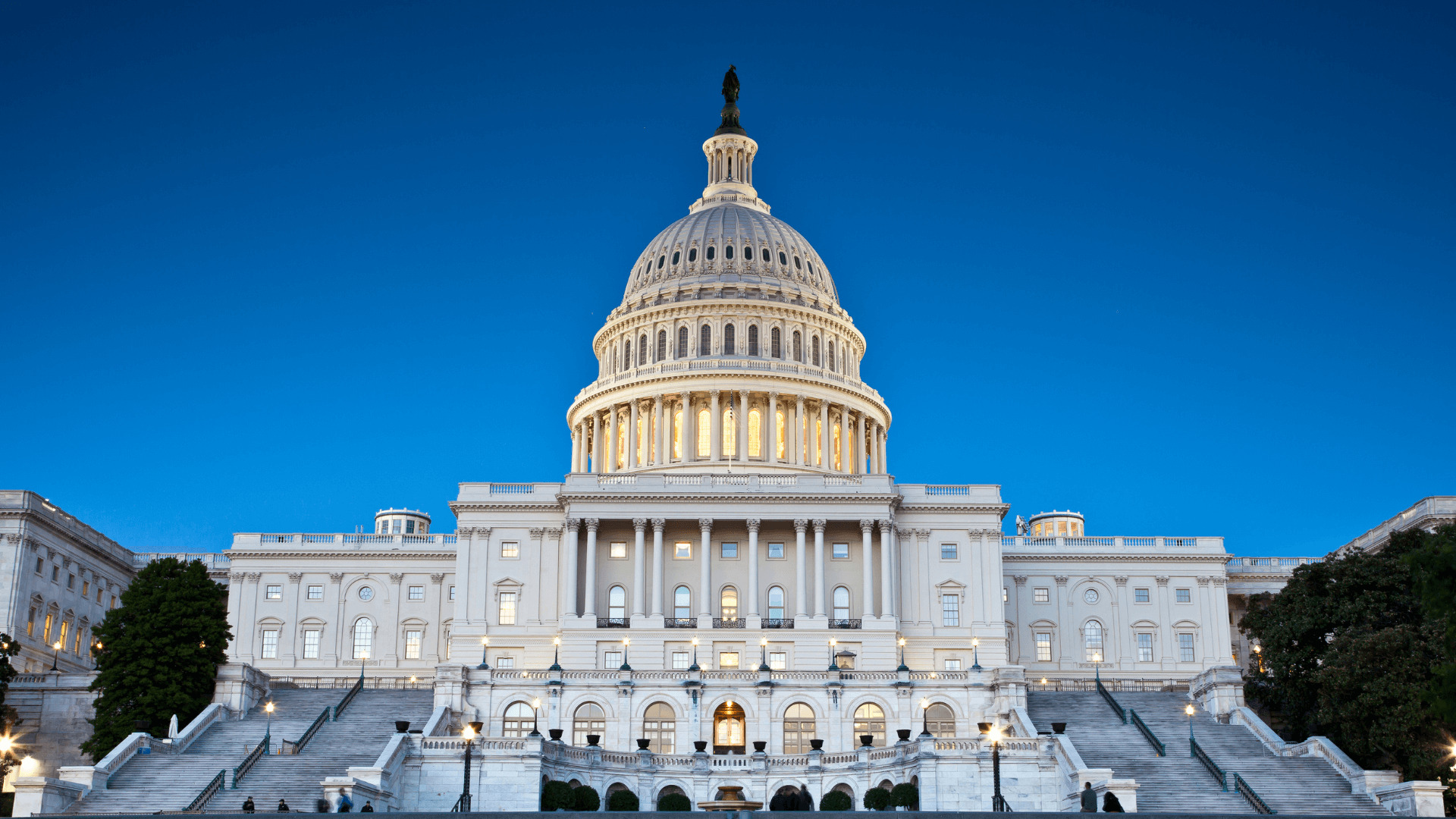The House of Representatives’ Committee on Ways and Means has put forth legislation that could significantly impact Individual Retirement Accounts — particularly self-directed IRAs. As of early October 2021, two of the several proposed changes would greatly limit an individual’s investment options, and both changes are specifically targeting self-directed IRAs.
Let’s take a closer look at these two proposed changes and consider the impact to the self-directed IRA investor.
The Proposed Legislation And What It Could Mean for Your Investments
Sec. 138312. Prohibition of IRA Investments Conditioned on Account Holder’s Status
The bill prohibits an IRA from holding any security if the issuer of the security requires the IRA owner to have certain minimum level of assets or income or have completed a minimum level of education or obtained a specific license or credential. For example, the legislation prohibits IRAs from holding investments which are offered to accredited investors because those investments are securities that have not been registered under federal securities laws. IRAs holding such investments would lose their IRA status. This section generally takes effect for tax years beginning after December 31, 2021, but there is a 2-year transition period for IRAs already holding these investments.
Sec. 138312 would prohibit IRA investments in private businesses, private stock, or Pre-IPO offerings that require the investor to be “accredited” or “sophisticated” beginning on January 1, 2022. In addition, any IRA that invested in such an offering prior to January 1, 2022, will have two years to either exit the investment or face a mandatory distribution of the asset.
Sec. 138314. Prohibition of Investment of IRA Assets in Entities in Which the Owner Has a Substantial Interest
To prevent self-dealing, under current law prohibited transaction rules, an IRA owner cannot invest his or her IRA assets in a corporation, partnership, trust, or estate in which he or she has a 50 percent or greater interest. However, an IRA owner can invest IRA assets in a business in which he or she owns, for example, one-third of the business while also acting as the CEO. The bill adjusts the 50 percent threshold to 10 percent for investments that are not tradable on an established securities market, regardless of whether the IRA owner has a direct or indirect interest. The bill also prevents investing in an entity in which the IRA owner is an officer. Further, the bill modifies the rule to be an IRA requirement, rather than a prohibited transaction rule (i.e., in order to be an IRA, it must meet this requirement). This section generally takes effect for tax years beginning after December 31, 2021, but there is a 2-year transition period for IRAs already holding these investments.
Sec. 138314 greatly limits the ability of an IRA owner to invest in any type of entity (corporation, partnership, or trust). Said another way, checkbook IRAs (entities exclusively owned by an IRA) would no longer exist, and any type of IRA ownership in an entity that is greater than 10% would be prohibited. This law would also have a two-year window for such IRAs to exit the investment or face a mandatory distribution.
What You Can Do
As a reminder, these are proposed changes that have not (yet) been voted into law. If you feel these changes are unwarranted, we encourage you to contact your local congressional representatives to voice your concerns. Share your personal story to help them understand how these laws would adversely affect you and similar constituents.
Below are links to identify and contact your local representatives:
If you have specific questions related to your account or how these proposed changes might impact you, we encourage you to reach out to a client representative by calling us at (877) 742-1270 or emailing info@ndtco.com.


 Back to Blog
Back to Blog

